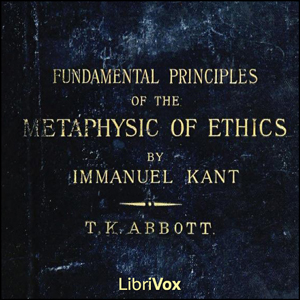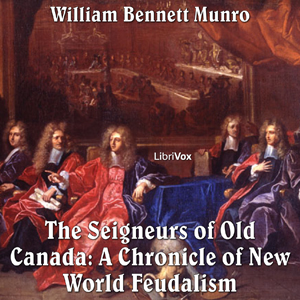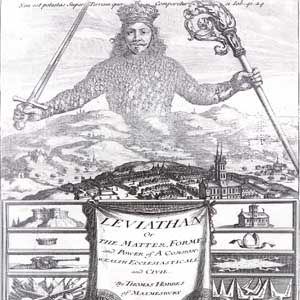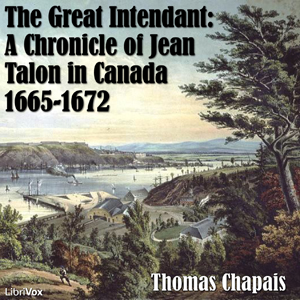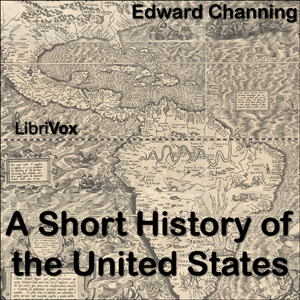- Introduction
- Chapter I 1643-1669 Cavelier De La Salle
- Chapter II 1669-1671 La Salle and the Sulpitians
- Chapter III 1670-1672 The Jesuits on the Lakes
- Chapter IV 1667-1672 France Takes Possession of the West
- Chapter V 1672-1675 The Discovery of the Mississippi
- Chapter VI 1673-1678 La Salle and Frontenac
- Chapter VII 1678 Party Strife
- Chapter VIII 1677, 1678 The Grand Enterprise
- Chapter IX 1678-1679 La Salle at Niagara
- Chapter X 1679 The Launch of the “Griffin”
- Chapter XI 1679 La Salle on the Upper Lakes
- Chapter XII 1679, 1680 La Salle on the Illinois
- Chapter XIII 1680 Fort CRÈVECŒUR
- Chapter XIV 1680 Hardihood of La Salle
- Chapter XV 1680 Indian Conquerors
- Chapter XVI 1680 Tonty and the Iroquois
- Chapter XVII 1680 The Adventures of Hennepin
- Chapter XVIII 1680, 1681 Hennepin Among the Sioux
- Chapter XIX 1681 La Salle Begins Anew
- Chapter XX 1681-1682 Success of La Salle
- Chapter XXI 1682, 1683 St. Louis of the Illinois
- Chapter XXII 1680-1683 La Salle Painted by Himself
- Chapter XXIII 1684 A New Enterprise
- Chapter XXIV 1684, 1685 The Voyage
- Chapter XXV 1685 La Salle in Texas
- Chapter XXVI 1685-1687 St. Louis of Texas
- Chapter XXVII 1687 Assassination of La Salle
- Chapter XXVIII 1687, 1688 The Innocent and the Guilty
- Chapter XXIX 1688-1689 Fate of the Texan Colony
Parkman has been hailed as one of America's first great historians and as a master of narrative history. Numerous translations have spread the books around the world. The American writer and literary critic Edmund Wilson (1895-1972) in his book O Canada (1965), described Parkman’s France and England in North America in these terms: The clarity, the momentum and the color of the first volumes of Parkman’s narrative are among the most brilliant achievements of the writing of history as an art.
Parkman's biases, particularly his attitudes about nationality, race, and especially Native Americans, has generated criticism. The Canadian historian W. J. Eccles harshly criticized what he perceived as Parkman's bias against France and Roman Catholic policies, as well as what he considered Parkman's misuse of French language sources. However, Parkman's most severe detractor was the American historian Francis Jennings, an outspoken and controversial critic of the European colonization of North America, who went so far as to characterize Parkman's work as "fiction" and Parkman himself as a "liar".
Unlike Jennings and Eccles, many modern historians have found much to praise in Parkman's work even while recognizing his limitations. Calling Jennings' critique "vitriolic and unfair," the historian Robert S. Allen has said that Parkman's history of France and England in North America "remains a rich mixture of history and literature which few contemporary scholars can hope to emulate". The historian Michael N. McConnell, while acknowledging the historical errors and racial prejudice in Parkman's book The Conspiracy of Pontiac, has said: "...it would be easy to dismiss Pontiac as a curious perhaps embarrassing artifact of another time and place. Yet Parkman's work represents a pioneering effort; in several ways he anticipated the kind of frontier history now taken for granted...." Parkman's masterful and evocative use of language remains his most enduring and instructive legacy.
This is Vol 3 of Parkman's series "France and England in North America." The LibriVox recording does not include footnotes, many of which are extended quotations from original French sources: See project Gutenberg http://www.gutenberg.org/ebooks/40143 for footnotes. - Summary by Summary adapted from Wikipedia by Karen Merline
Part 1: Pioneers of France in the New World
Part 2: The Jesuits in North America in the 17th Century
Part 4: The Old Régime in Canada
Part 5: Count Frontenac and New France under Louis XIV
Part 6: Montcalm and Wolfe
Part 7: A Half Century of Conflict
Parkman's biases, particularly his attitudes about nationality, race, and especially Native Americans, has generated criticism. The Canadian historian W. J. Eccles harshly criticized what he perceived as Parkman's bias against France and Roman Catholic policies, as well as what he considered Parkman's misuse of French language sources. However, Parkman's most severe detractor was the American historian Francis Jennings, an outspoken and controversial critic of the European colonization of North America, who went so far as to characterize Parkman's work as "fiction" and Parkman himself as a "liar".
Unlike Jennings and Eccles, many modern historians have found much to praise in Parkman's work even while recognizing his limitations. Calling Jennings' critique "vitriolic and unfair," the historian Robert S. Allen has said that Parkman's history of France and England in North America "remains a rich mixture of history and literature which few contemporary scholars can hope to emulate". The historian Michael N. McConnell, while acknowledging the historical errors and racial prejudice in Parkman's book The Conspiracy of Pontiac, has said: "...it would be easy to dismiss Pontiac as a curious perhaps embarrassing artifact of another time and place. Yet Parkman's work represents a pioneering effort; in several ways he anticipated the kind of frontier history now taken for granted...." Parkman's masterful and evocative use of language remains his most enduring and instructive legacy.
This is Vol 3 of Parkman's series "France and England in North America." The LibriVox recording does not include footnotes, many of which are extended quotations from original French sources: See project Gutenberg http://www.gutenberg.org/ebooks/40143 for footnotes. - Summary by Summary adapted from Wikipedia by Karen Merline
Part 1: Pioneers of France in the New World
Part 2: The Jesuits in North America in the 17th Century
Part 4: The Old Régime in Canada
Part 5: Count Frontenac and New France under Louis XIV
Part 6: Montcalm and Wolfe
Part 7: A Half Century of Conflict
There are no reviews for this eBook.
There are no comments for this eBook.
You must log in to post a comment.
Log in





